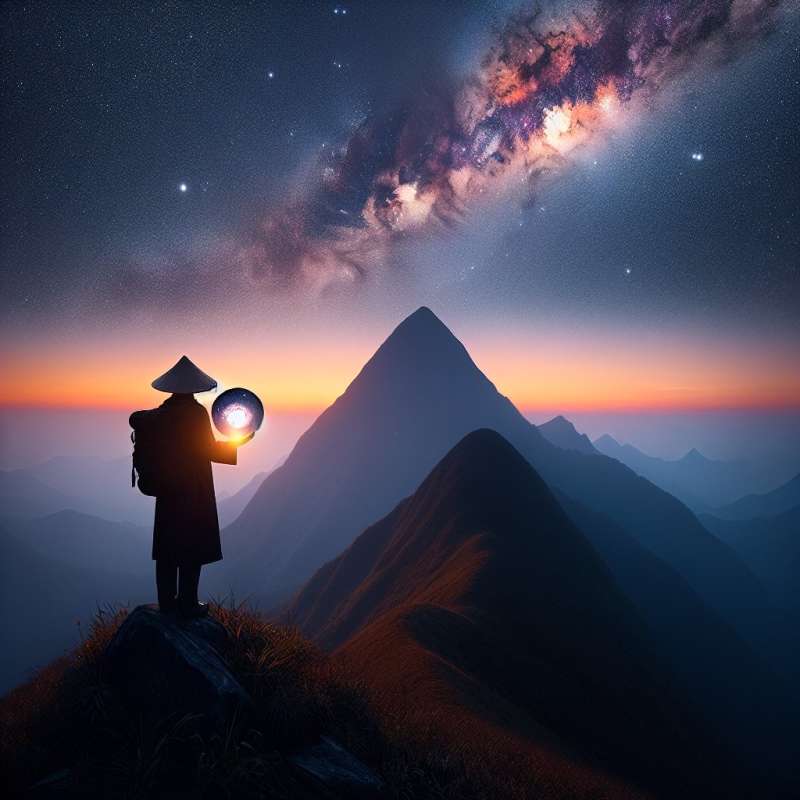
Universe: Vast Cosmic Expanse
The universe is a colossal collection of galaxies, stars, planets, and much more. It's estimated to be 13.8 billion years old, continually expanding from the Big Bang.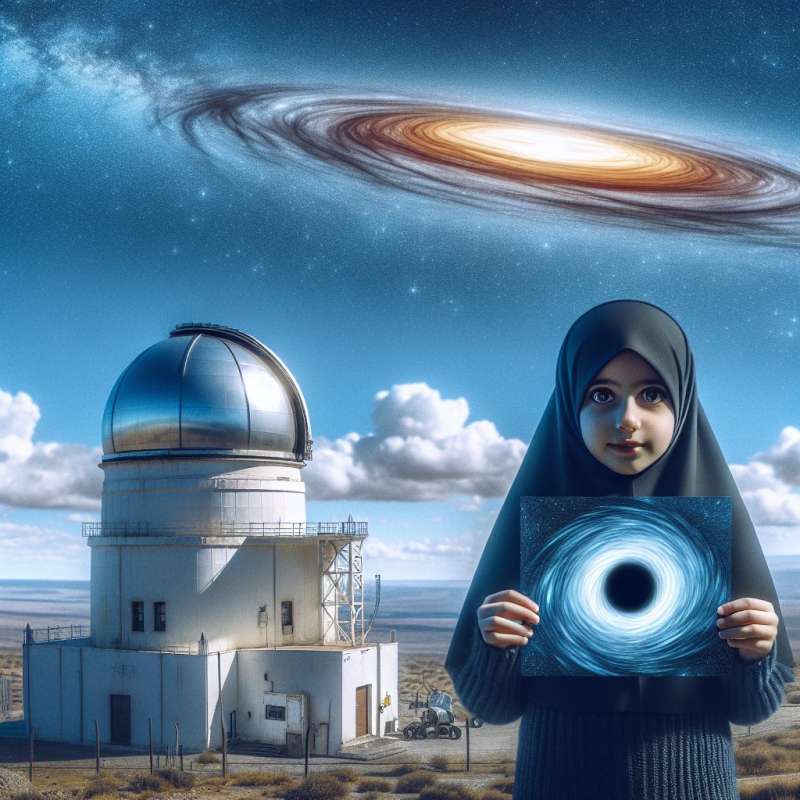
Black Holes: Gravity's Pinnacle
Black holes are regions where gravity is so strong, not even light can escape. The nearest known black hole to Earth is V616 Monocerotis, about 3,000 light years away.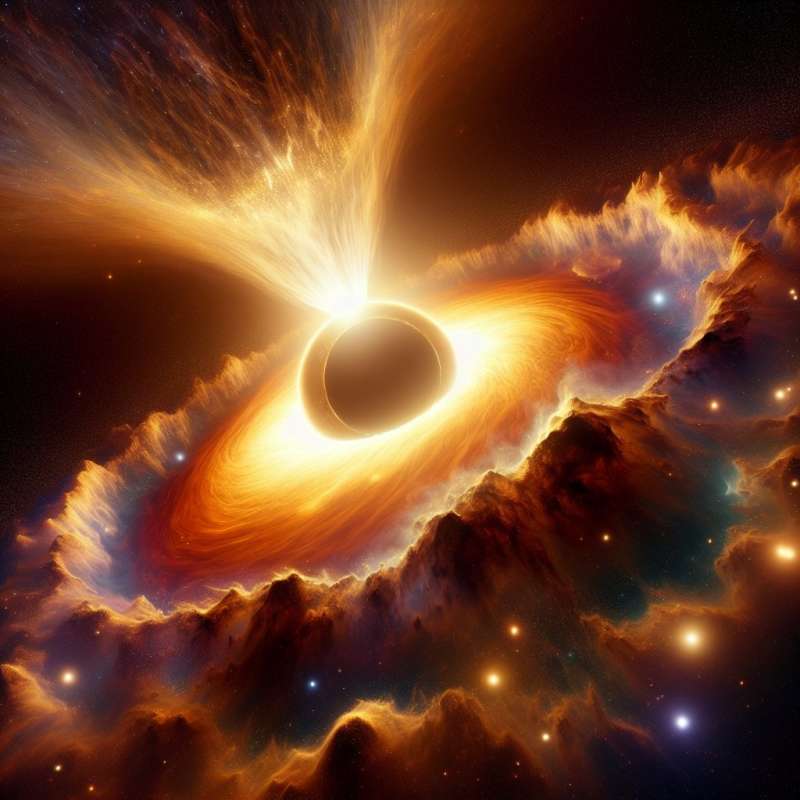
Formation of Black Holes
Most black holes form from the remnants of a large star that dies in a supernova explosion. Smaller stars become dense neutron stars, which are not massive enough to trap light.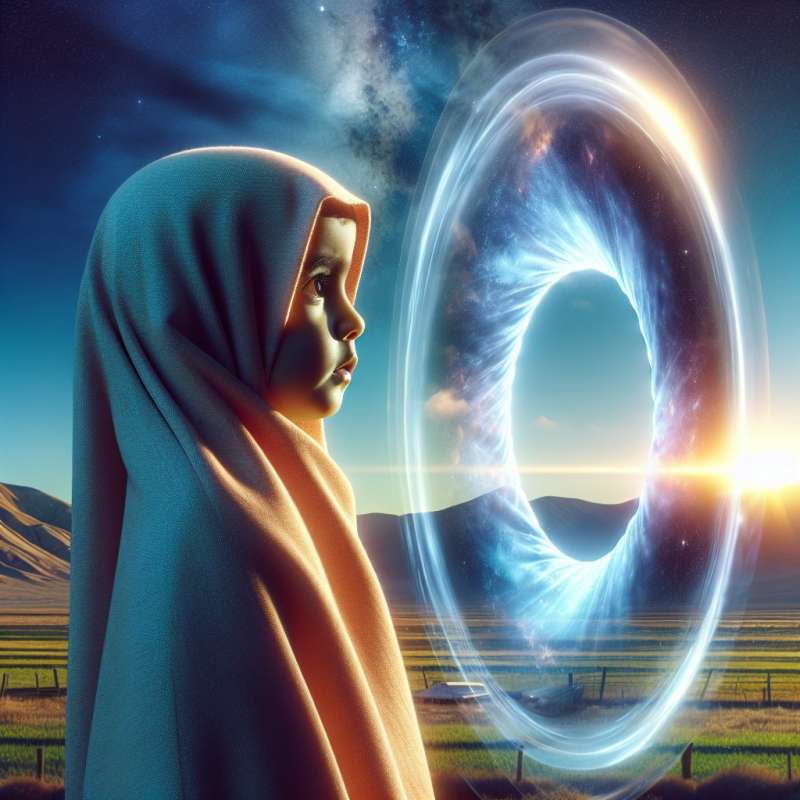
Wormholes: Theoretical Passages
Wormholes are hypothetical tunnels through spacetime, potentially shortcuts between distant points. However, stable wormholes are purely theoretical and not yet observed in our universe.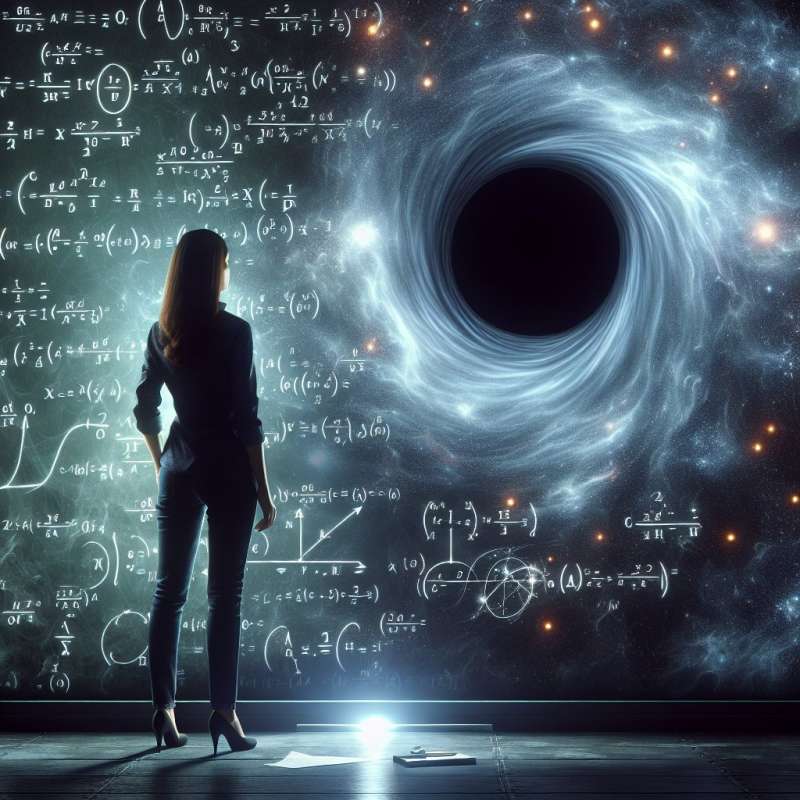
Black Hole Singularities
At a black hole's core lies the singularity, a point where density is infinite and known physics breaks down. This makes black holes key to understanding quantum gravity.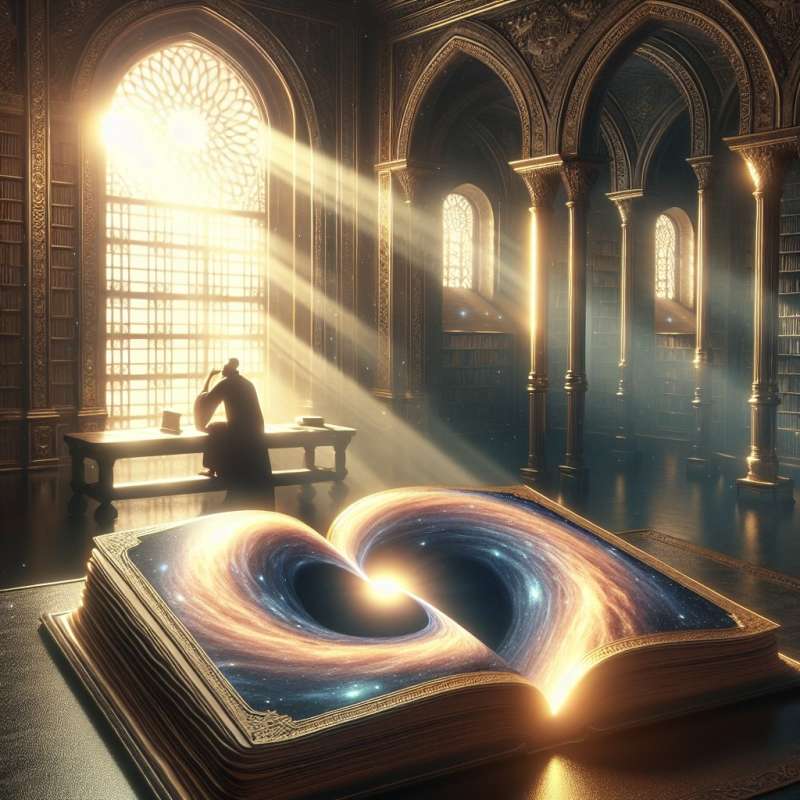
Wormhole Connectivity Theory
Einstein-Rosen bridges, or wormholes, were first posited by Einstein and Nathan Rosen in 1935, using the theory of general relativity, suggesting interconnected 'shortcuts' through space.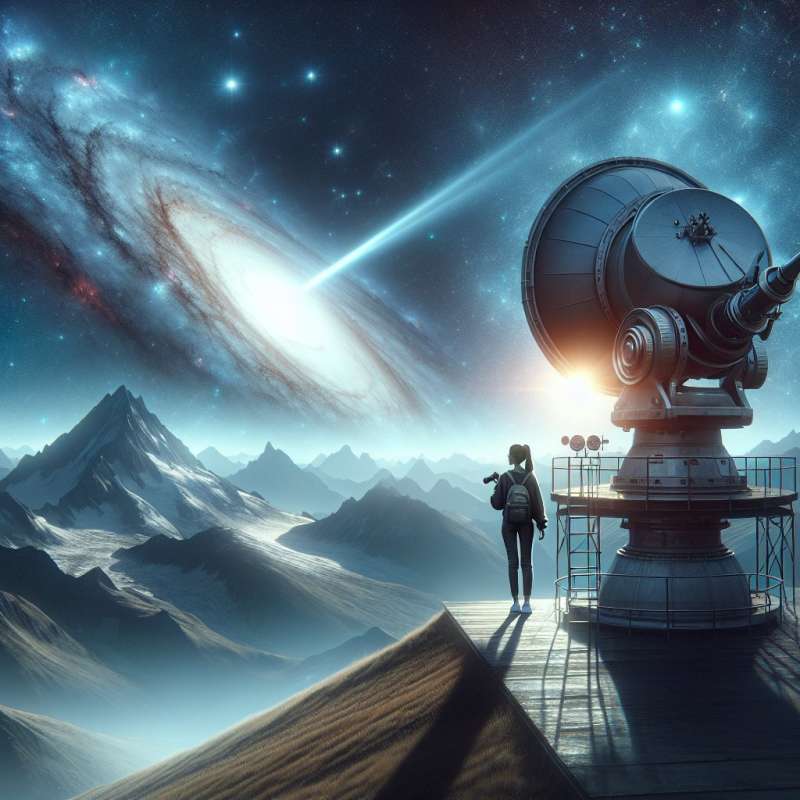
Exploring Beyond Horizons
Black holes might power quasars, the brightest objects in the universe, visible across billions of light-years. Their immense energy could reveal secrets of cosmic evolution.
How old is the universe estimated to be?
Approximately 13.8 billion years
Close to 10 billion years
Around 20 billion years old
Company